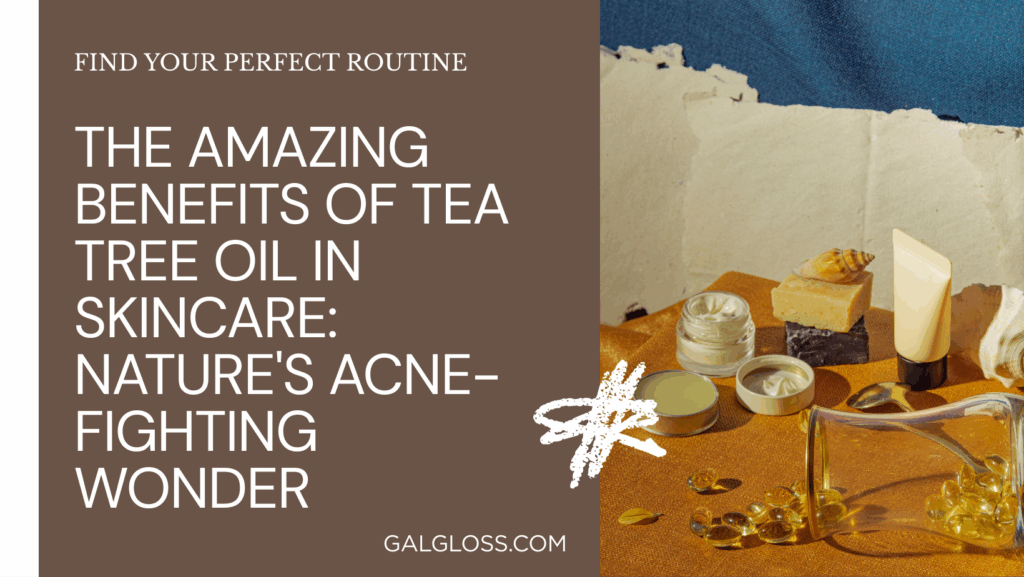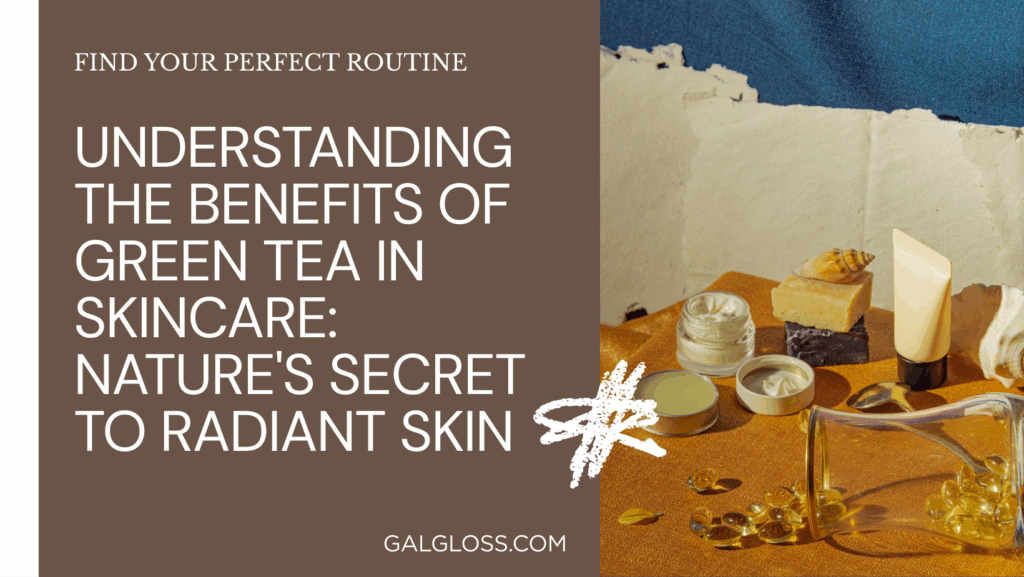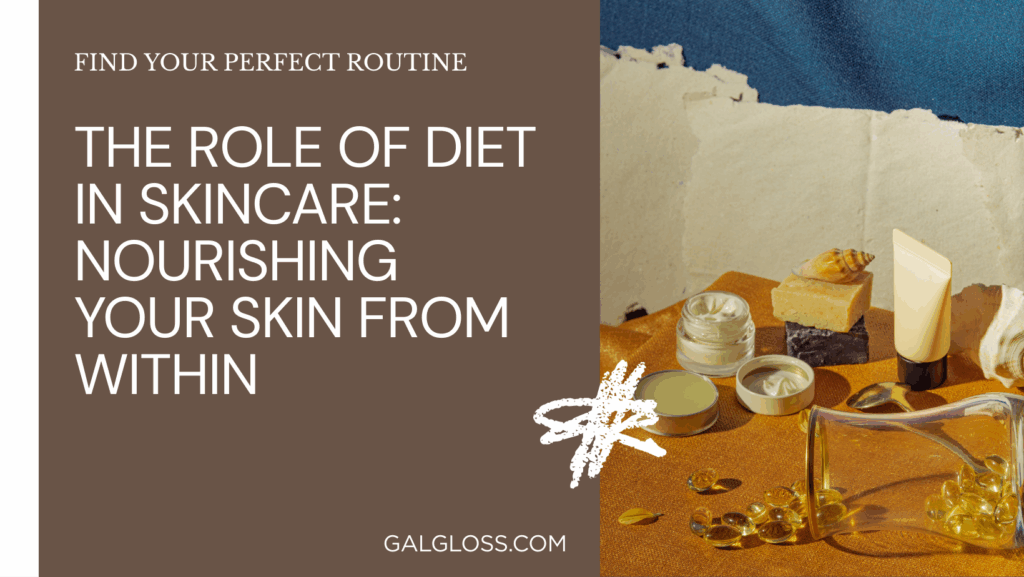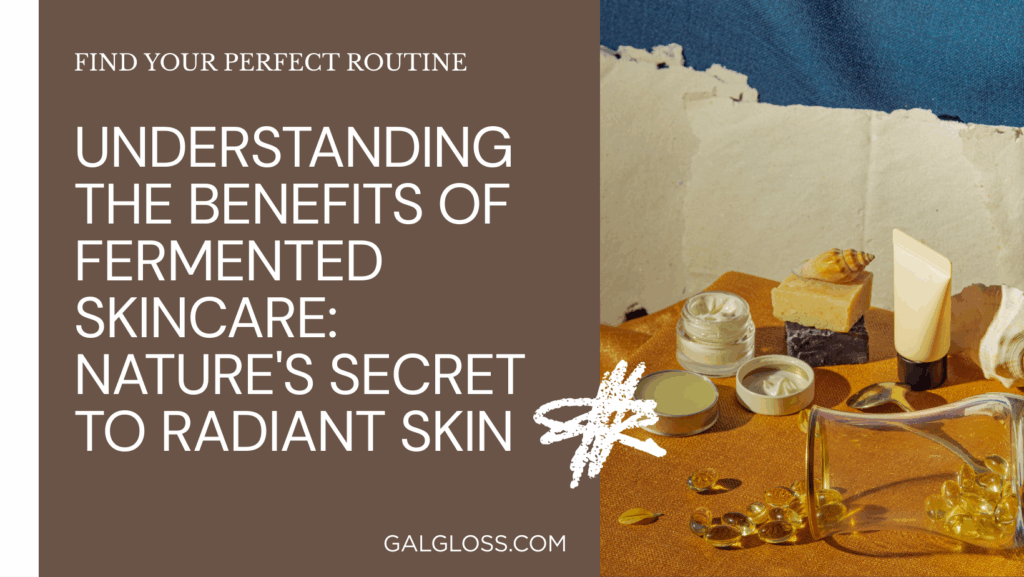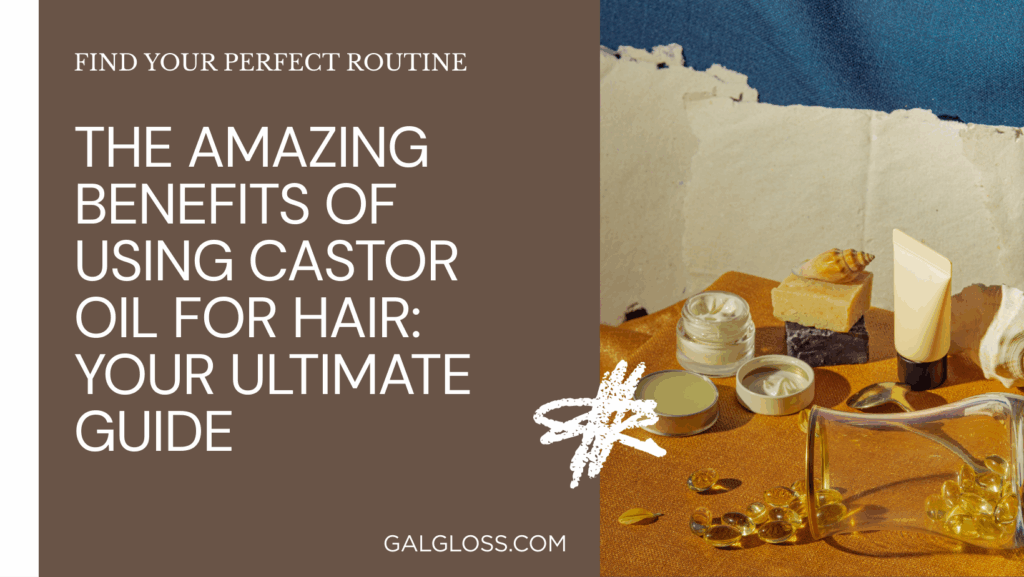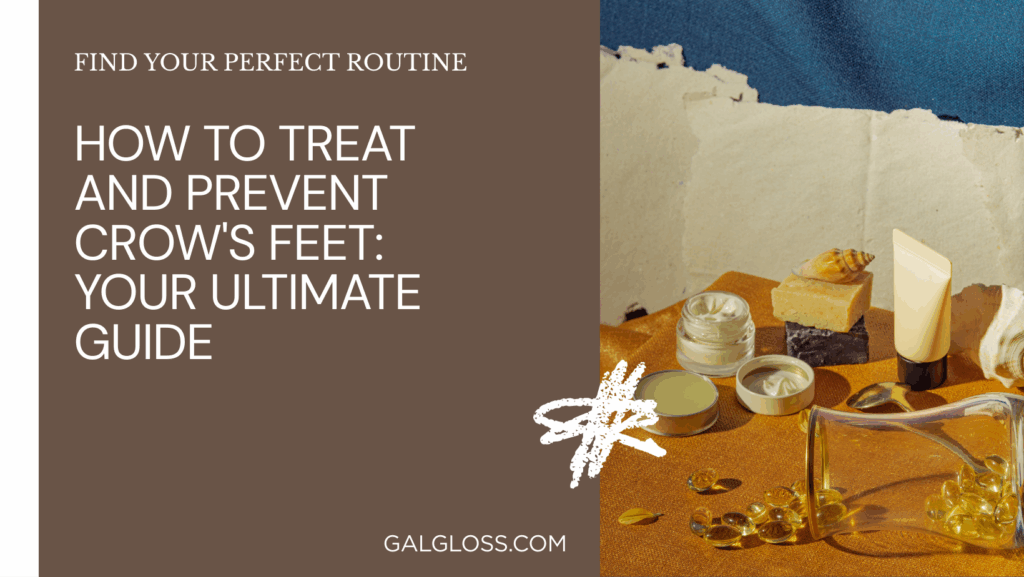Ever wondered why your grandma’s skin looks so darn good? Well, let me let you in on a little secret: it might just be shea butter. This natural wonder has been turning heads (and smoothing skin) for centuries. But what’s all the fuss about?
Shea butter isn’t just another trendy ingredient in the ever-spinning carousel of skincare fads. Nope, this stuff’s the real deal. Extracted from the nuts of the shea tree (fancy name: Vitellaria paradoxa), this creamy, ivory-colored substance has been a staple in African beauty rituals for generations. And guess what? The rest of the world is finally catching up.
The Science Behind Shea Butter
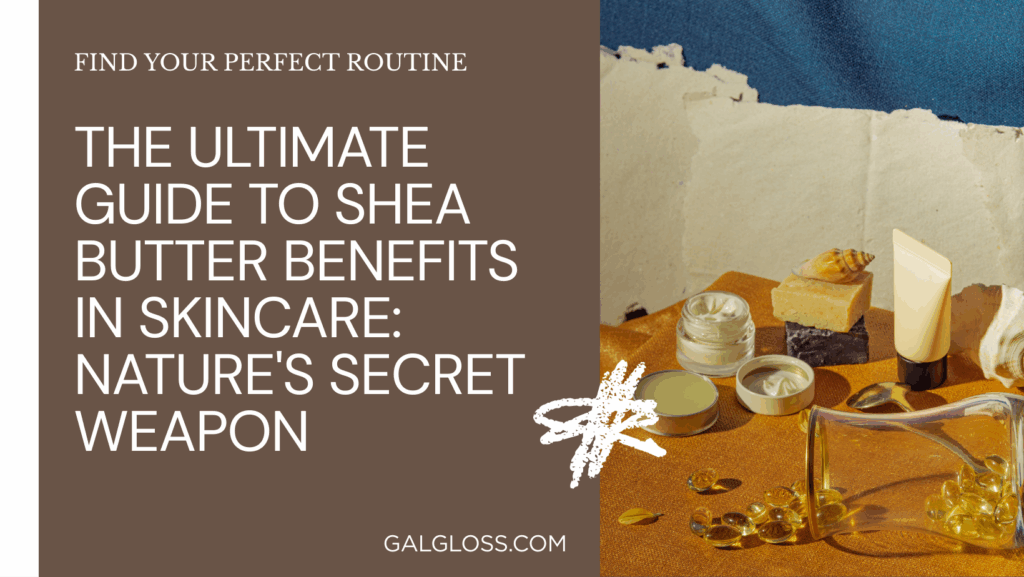
So, what makes shea butter tick? It’s all about the good stuff packed inside:
- Fatty acids: Oleic, stearic, linoleic, and palmitic acids. These bad boys are like a spa day for your skin.
- Vitamins: A, E, and F. Think of them as your skin’s personal cheerleading squad.
- Minerals: Iron, zinc, and calcium. They’re the unsung heroes of skin health.
This magical mix gives shea butter its superpower: intense moisturization without the greasy feel. It’s like your skin’s favorite drink on a hot summer day.
Top 10 Benefits of Using Shea Butter in Skincare
- Deep moisturization: Shea butter is the heavyweight champion of hydration. It doesn’t just sit on top of your skin; it sinks deep, providing long-lasting moisture.
- Anti-aging properties: Fine lines and wrinkles? Shea butter says, “Not on my watch!” Its vitamins and fatty acids help boost collagen production, keeping your skin plump and youthful.
- Skin inflammation reduction: Got angry, red skin? Shea butter’s anti-inflammatory properties can help calm things down. It’s like a chill pill for your skin.
- Acne treatment: Surprise! Shea butter is non-comedogenic, meaning it won’t clog your pores. Plus, its anti-inflammatory properties can help soothe acne-prone skin.
- Eczema and psoriasis relief: The moisturizing and anti-inflammatory properties of shea butter can provide much-needed relief for these pesky skin conditions.
- Scar and stretch mark reduction: While it’s not a miracle cure, consistent use of shea butter can help fade scars and stretch marks over time.
- Sun protection: Shea butter has a natural SPF of about 6-10. It’s not enough on its own, but it’s a great addition to your sun protection routine.
- Skin barrier strengthening: Shea butter helps reinforce your skin’s natural barrier, keeping the good stuff in and the bad stuff out.
- Collagen production boost: Thanks to its triterpenes, shea butter can stimulate collagen production, helping to maintain skin’s elasticity.
- Antioxidant protection: Free radicals? More like free radi-nopes. Shea butter’s antioxidants help protect your skin from environmental damage.
How Shea Butter Works on Different Skin Types
Think shea butter is just for dry skin? Think again! This versatile butter has something to offer for every skin type:
- Dry skin: Obviously, shea butter is a dry skin’s best friend. It provides deep, long-lasting hydration without clogging pores.
- Oily skin: Surprise! Shea butter can actually help regulate oil production. It’s like a gentle reminder to your skin to chill on the oil.
- Sensitive skin: The anti-inflammatory properties of shea butter make it a great choice for sensitive skin types.
- Combination skin: Use it all over or just on the dry areas – shea butter is flexible like that.
Incorporating Shea Butter into Your Skincare Routine
Ready to get your shea on? Here’s how to make it work for you:
- Face moisturizer: A little goes a long way. Warm a pea-sized amount between your fingers and pat gently onto your face.
- Body lotion: Mix shea butter with your favorite body lotion for an extra moisture boost.
- Lip balm: Say goodbye to chapped lips! A tiny dab of shea butter will keep your pout soft and smooth.
- Hair and scalp treatment: Got dry, frizzy hair? Shea butter can help tame those tresses and soothe a dry, itchy scalp.
- Nail and cuticle care: Massage a bit of shea butter into your nails and cuticles for some serious TLC.
DIY Shea Butter Recipes for Skincare
Feeling crafty? Try these simple DIY recipes:
Whipped Shea Body Butter
- 1 cup raw shea butter
- 2 tbsp coconut oil
- 2 tbsp sweet almond oil
- 10 drops essential oil (optional)
Melt shea butter and coconut oil in a double boiler. Remove from heat, add almond oil and essential oil. Chill until solid, then whip until fluffy. Hello, silky smooth skin!
Shea Butter Face Mask
- 2 tbsp shea butter
- 1 tbsp honey
- 1 tsp lemon juice
Mix ingredients, apply to face, leave for 15-20 minutes, then rinse. Your skin will thank you!
Shea Butter Lip Scrub
- 1 tbsp shea butter
- 1 tbsp brown sugar
- 1 tsp honey
Mix ingredients, gently scrub lips, then rinse. Follow with pure shea butter for super soft lips.
Choosing the Right Shea Butter Product
Not all shea butter is created equal. Here’s what to look for:
- Unrefined vs. refined: Unrefined is the way to go. It retains more of the good stuff your skin loves.
- Organic and fair trade: Look for certifications to ensure you’re getting quality product and supporting ethical practices.
- Ingredients list: The shorter, the better. Pure shea butter should be the star of the show.
Potential Side Effects and Precautions
Shea butter is generally safe, but keep these points in mind:
- Allergies: If you’re allergic to nuts, do a patch test first.
- Storage: Keep your shea butter in a cool, dry place. It can go rancid if exposed to heat or sunlight.
- Shelf life: Unrefined shea butter typically lasts about 24 months.
Shea Butter vs. Other Natural Moisturizers
How does shea butter stack up against other natural options?
- Coconut oil: Great for hair, but can be comedogenic for some skin types. Shea butter is generally safer for facial use.
- Cocoa butter: Similar to shea, but with a stronger scent. Shea butter is typically less greasy.
- Jojoba oil: Closest to human sebum, great for oily skin. Shea butter provides deeper moisturization.
Environmental and Ethical Considerations
Using shea butter isn’t just good for your skin – it can be good for the planet and communities too:
- Sustainable harvesting: Shea trees grow wild and require no pesticides or fertilizers.
- Supporting local communities: The shea butter industry provides income for many women in West Africa.
- Fair trade practices: Look for fair trade certified products to ensure ethical sourcing.
FAQs
Q: Is shea butter comedogenic? A: Nope! Shea butter is non-comedogenic, meaning it won’t clog your pores.
Q: Can shea butter be used on babies? A: Yes, but always consult with a pediatrician first.
Q: How often should I use shea butter? A: You can use it daily, or as needed for dry skin.
Q: Can shea butter help with hair growth? A: While it can’t directly promote hair growth, it can help create a healthy scalp environment.
Q: Is shea butter safe during pregnancy? A: Generally yes, but always check with your doctor first.
Conclusion
Whew! We’ve journeyed through the wonderful world of shea butter, from its humble origins to its superstar status in modern skincare. So, what’s the takeaway?
Shea butter isn’t just another pretty face in the crowded skincare aisle. It’s a multitasking marvel that can hydrate, heal, and protect your skin, all while supporting sustainable practices and local communities. Whether you’re battling dry skin, fighting fine lines, or just looking to give your skin some extra TLC, shea butter’s got your back.
Remember, skincare isn’t one-size-fits-all. What works for your bestie might not work for you. But with its gentle nature and versatile benefits, shea butter is a safe bet for most skin types. So why not give it a whirl?
Start small – maybe swap out your regular moisturizer for a shea-based one, or try a DIY shea butter mask on your next self-care Sunday. Your skin might just fall in love with this buttery goodness.
In the end, the best skincare routine is one that makes you feel confident and comfortable in your own skin. And if shea butter can help you get there? Well, that’s just the cherry on top of a very moisturized sundae.
So go ahead, slather on some shea, and let your skin drink up all that natural goodness. Your future self (and your grandma) will thank you!
